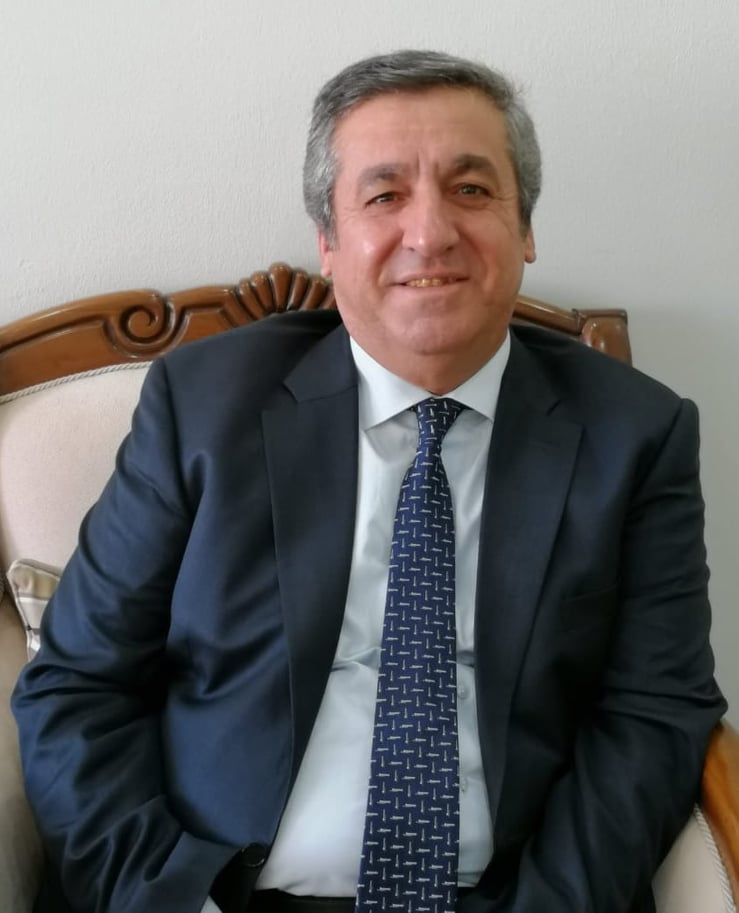
Linguistic Grafting and Intellectual Respiration
Syriac thought carries a wisdom tradition rooted in the depth of words and concepts. In this tradition, language is not merely a tool of communication but also a source where the soul breathes, thought takes shape, and the self is realized.
The transformation of language and thought is vital for the continuity of a culture. The phrase "Linguistic Grafting and Intellectual Respiration" holds profound meaning for me, as it interprets Syriac literary and philosophical heritage through a contemporary lens. Developed as a social motto, this expression encapsulates my literary endeavors that contribute to collective consciousness, offering a perspective that reflects the essence of Syriac literature and thought. For linguistic grafting is not just the transmission of words—it is nurturing individuals who can think, feel, and create through those words.
Linguistic grafting signifies the rooting of thought and the enrichment of words. The concept of grafting comes from biology—where one organism bonds with another to give rise to new life. Similarly, the grafting of language is not merely the transfer of words but also the layering of new meanings upon them, ensuring their passage into the future. For an ancient language like Syriac, this means both preserving the legacy of the past and making it accessible to modern minds.
Syriac scholars did not see words merely as sequences of sounds but as reflections of humanity’s connection with the Divine. A grafted language does not just carry the heritage of the past—it undergoes intellectual and cultural transformation, speaking to new eras. Language is not only a means of expression but also the cornerstone of identity, existence, and collective memory. This is why, for Syriac scholars, preserving language is as crucial as ensuring that the wisdom it contains flourishes anew across different intellectual climates through the ages.
Intellectual respiration, on the other hand, is the process of digesting knowledge, internalizing words, and deepening meaning beyond superficial consumption. To respire intellectually means resisting the haste of the modern world, avoiding shallow engagement with concepts, and using words with full assimilation.
The literary structure of Syriac is woven with metaphors, symbols, and layers of profound meaning. A word must be understood not only by its surface definition but also by its inner and spiritual context. Language is not just a spoken tool—it is kneaded with the soul, internalized, and transformative when conveyed. This is why, in Syriac literature, words are seen as vessels. The spoken and written word shapes a person’s intellectual world while simultaneously nourishing their spirit.
In the literary logic of Syriac, linguistic grafting and intellectual respiration work in harmony. When a word is poured into writing or poetry, it undergoes a grafting process—it finds new life in a new context, with a new reader. But for this process to be meaningful, intellectual respiration is necessary—penetrating the soul of the word.
Language is one of the fundamental elements of our existence. Keeping it alive, nurturing it, and carrying it into the future is not only a cultural responsibility but also an intellectual journey. Linguistic grafting and intellectual respiration are among the most vital stops on this journey.
Yusuf Beğtaş
You can also send us an email to karyohliso@gmail.com
Leave a Comment